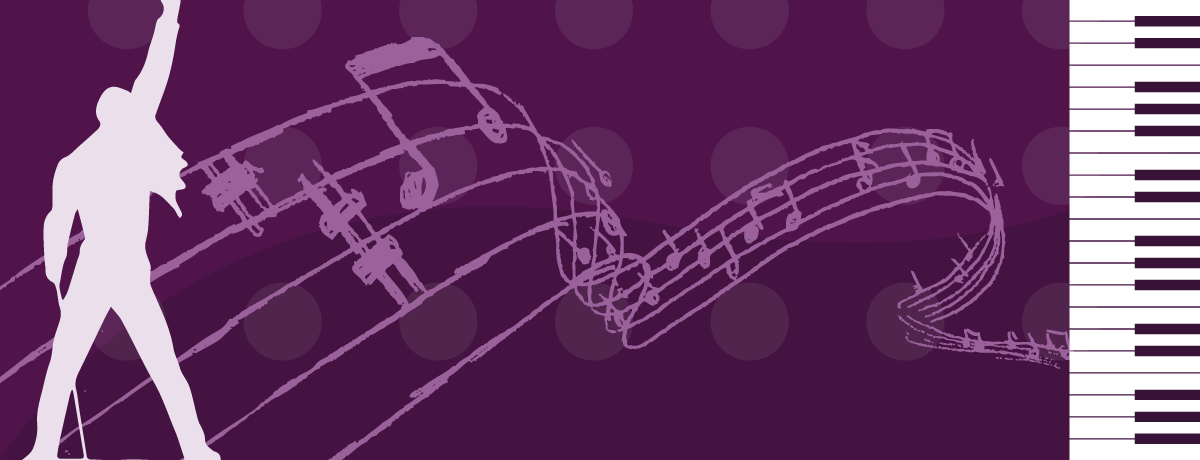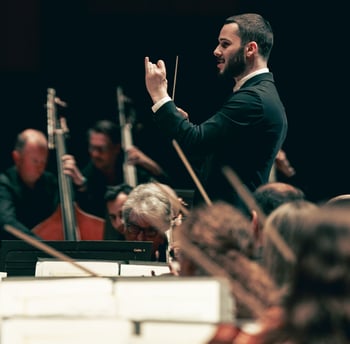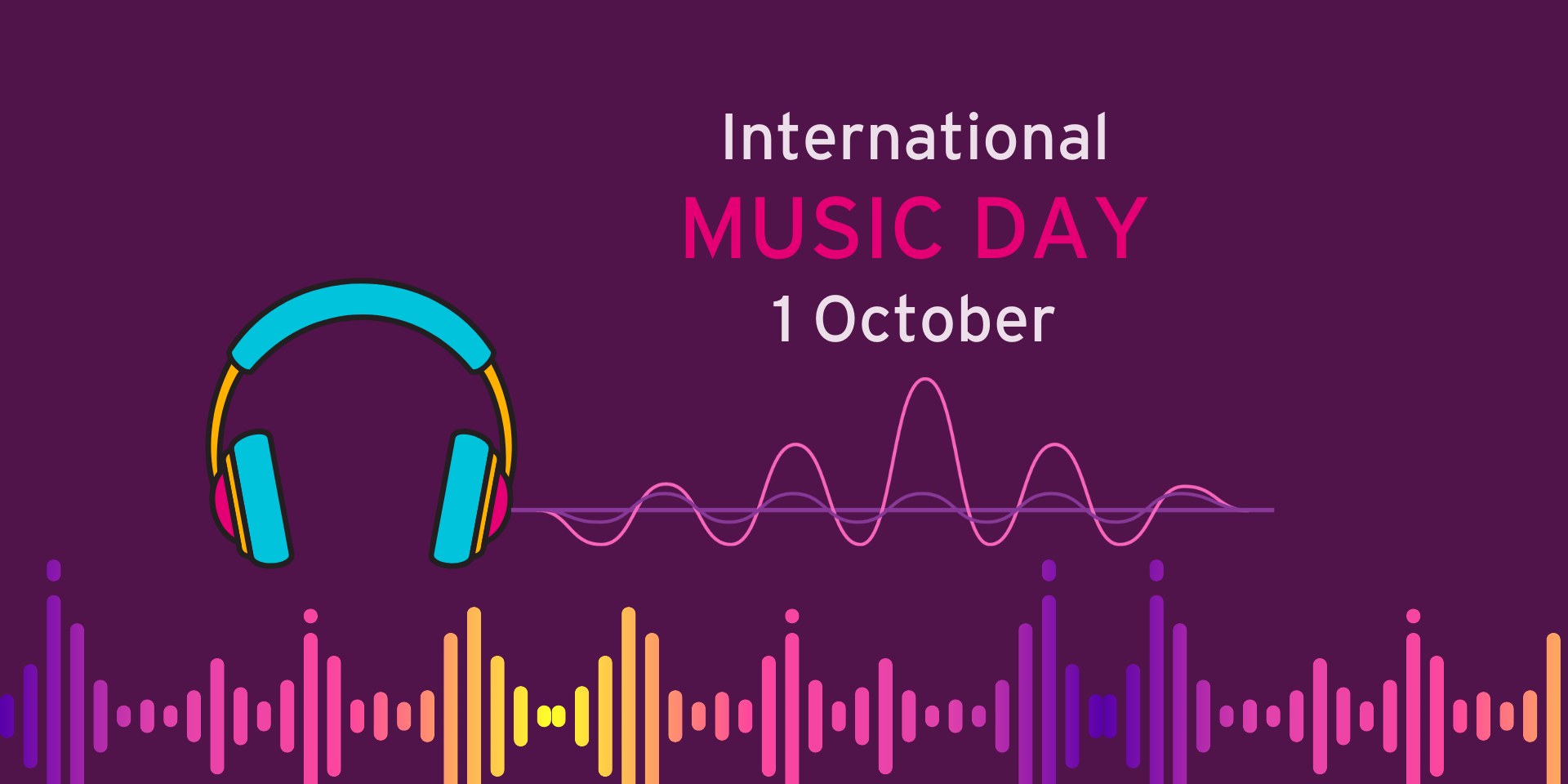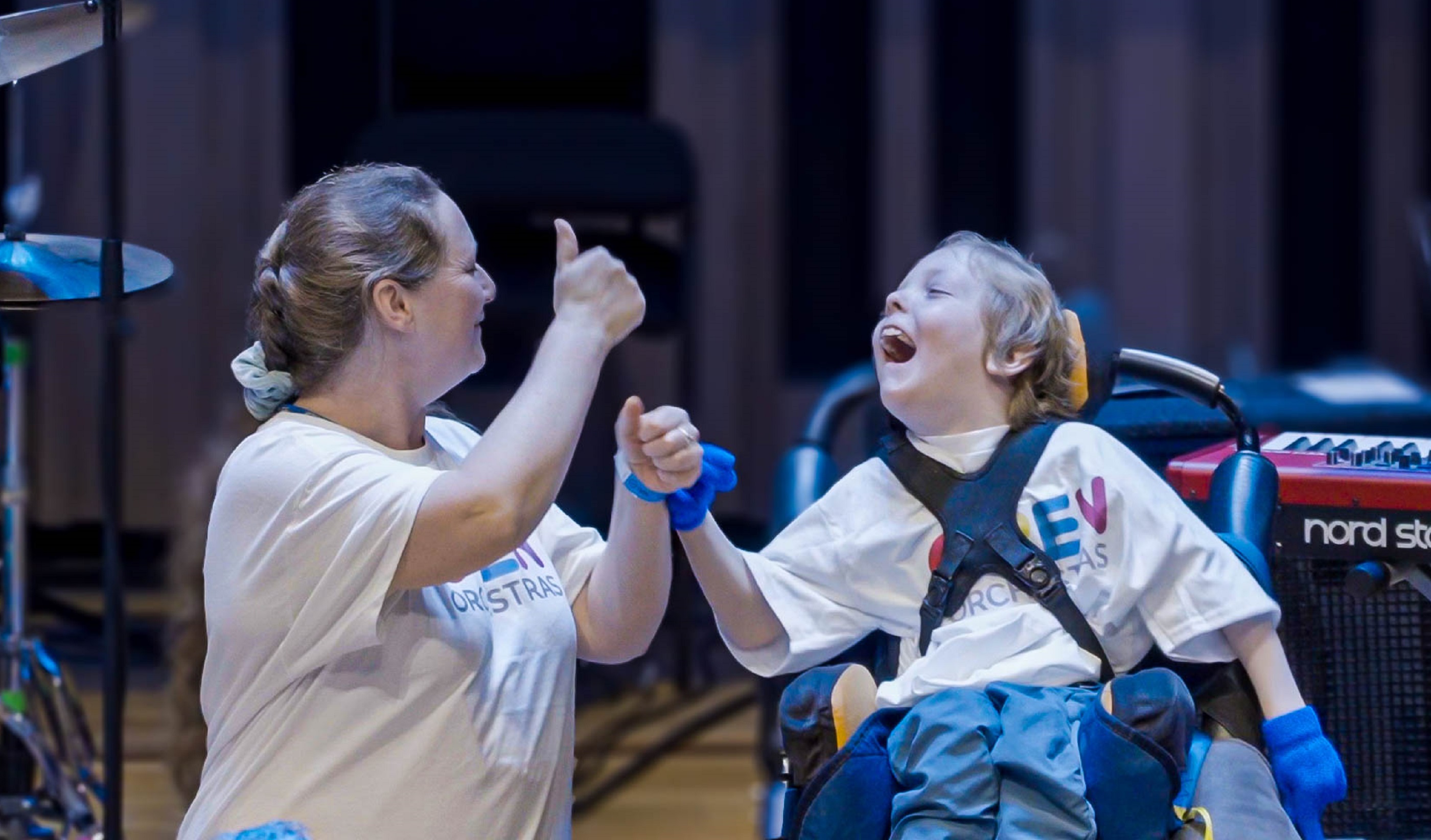
Fostering a lasting engagement with music: Oliver Zeffman, Conductor
BY: Guest Writer
01 March 2024
Widely seen as one of the most dynamic and skilled young conductors today, Oliver Zeffman works with orchestras in the UK and France. He explains why he thinks it is so important for the sector to encourage everyone to pursue their own path in music, playing music that is for them.
Although I grew up playing more ‘traditional’ classical music for my graded exams - I learned the violin and the piano - my tastes were of course much broader (‘Lose Yourself’, ‘I Bet You Look Good on the Dancefloor’, ‘Back To Black’ were anthems of my youth). I think it’s really exciting that nowadays, across all genres, there is something for everyone in Trinity College London’s educational offering - giving students the possibility to study an instrument, track their progress, and have a real sense of achievement, whatever their taste in music.
The fact is, if we want people to take up instruments, encouraging them to play the music that really speaks to them can only be a good thing. People take up instruments for all kinds of reasons - whether to express themselves creatively, for personal growth and to give themselves a mental challenge, to relax and relieve stress, for the social interactions it brings from playing with others, for example in a band or in an orchestra - or for myriad other reasons. And it’s therefore hugely important that we allow those learning instruments the flexibility both to play the music they want and, stemming from this, to learn in a way that works for them.
If you want to be a concert pianist then of course it’s important to practise consistently and rigorously, to learn scales, to study a broad range of (almost exclusively) classical music. But that’s by no means every musician’s goal and I think it’s a wonderful thing that Trinity is broadening the field to encourage everyone to pursue their own path in music, playing music that is for them.
In addition, the growth of digital examinations and online learning has made playing an instrument more accessible than ever before. Not everyone has the circumstances to attend traditional music lessons in person, and digital technology is helping make learning an instrument more accessible, more convenient, and enabling more people to turn their musical aspirations into tangible results.
Creating a sense of pride and accomplishment in music-making, whatever music you want to play, is crucial to fostering a lasting engagement with music and to developing not only the musicians but also the audiences of tomorrow.

MatthewJohnsonPhotographer
Related posts
BY: Natalie Christopher
BY: John Molloy




Comments & Replies